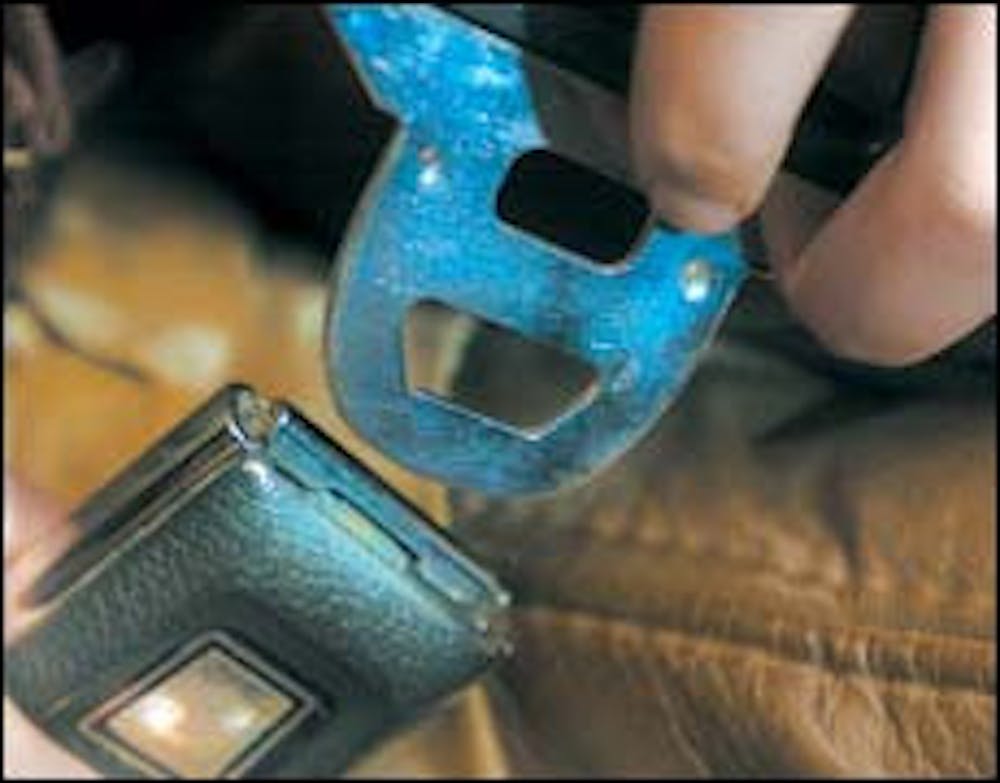Tempe police will work overtime to crack down on drivers who don't wear seat belts this month.
The department will conduct extra patrols through Feb. 20 to enforce seat belt laws, funded by an $8,000 state grant.
Police departments in 12 Arizona cities, including eight in the Valley, received funds from the Governor's Office of Highway Safety to pay for the overtime incurred by officers who will staff the added patrols.
In 2003, about 65 percent of the drivers aged 16 to 34 involved in fatal accidents were not wearing seat belts, the Fatality Analysis Reporting System said.
Traffic investigation Sgt. Don Yennie said Tempe's campaign aims to educate drivers about Arizona's seat belt laws.
"We want to do more education than enforcement," he said.
State law requires drivers and front-seat passengers of any age, as well as all passengers under the age of 16 to wear seat belts in moving vehicles.
Many students said they wear seat belts most or all of the time.
"It's just something I've done since childhood," computer engineering sophomore Tony Gitter said. "It became a habit very quickly."
Rebecca Stirratt, a political science sophomore, also said she wears her seat belt.
"I trust my driving, but you don't know who else is driving out there," she said.
However, kinesiology junior Mike Peters said he doesn't usually wear his seat belt.
"[It] never occurs to me and I just don't care, I guess," he said.
Since the officers staffing the extra patrols will be working overtime, they will be able to focus more extensively on seat belt education and enforcement, Yennie said.
"When these officers come out on overtime, they're not responsible for any other calls for service," he said.
Violators are cited when they do not wear their seat belts, and the driver of a vehicle is cited for each passenger under 16 who is not properly restrained.
Also, children under the age of 5 must ride in a properly installed safety seat.
Officers are permitted to stop a vehicle if they observe an unrestrained child under the age of 5, as it is considered a primary violation.
All other seat belt offenses are considered secondary violations and suspects can only be cited if pulled over for another suspected offense.
Reach the reporter at brian.indrelunas@asu.edu.
ONLINE EDITOR'S NOTE: This story was modified Feb. 10 to display the correct number of cities that have received grants.




